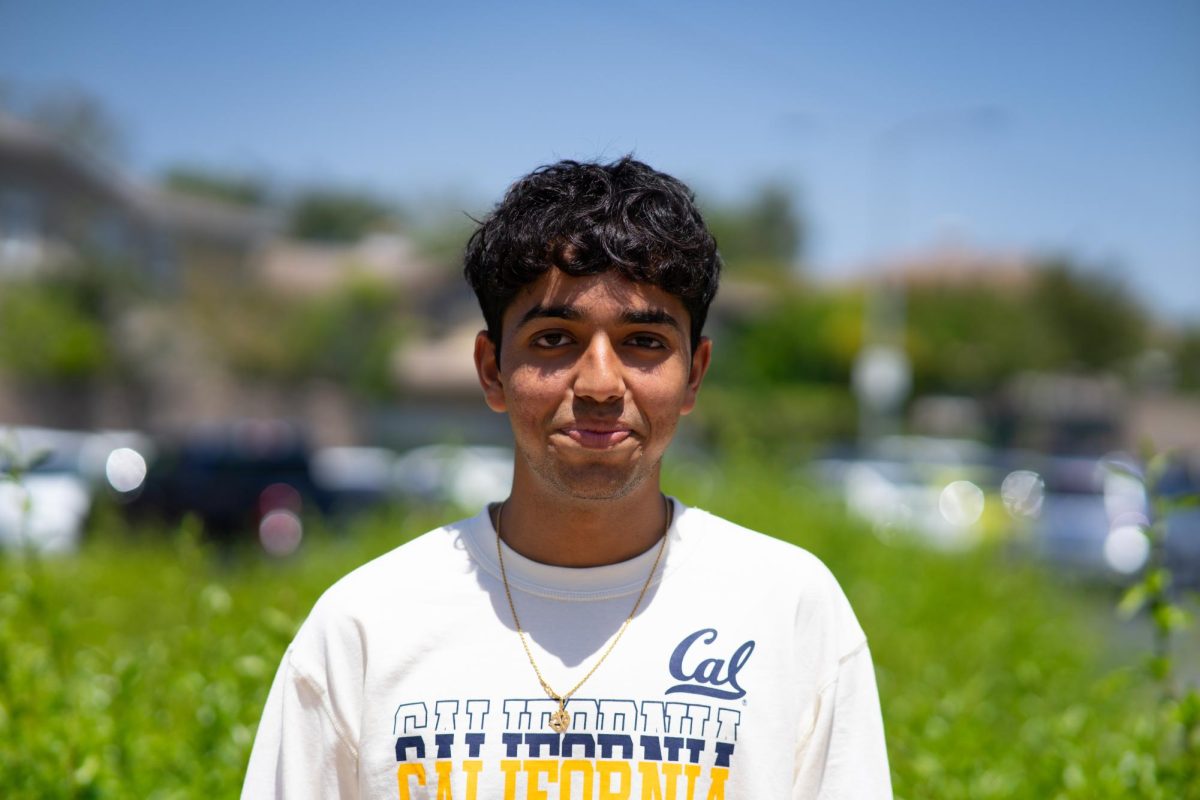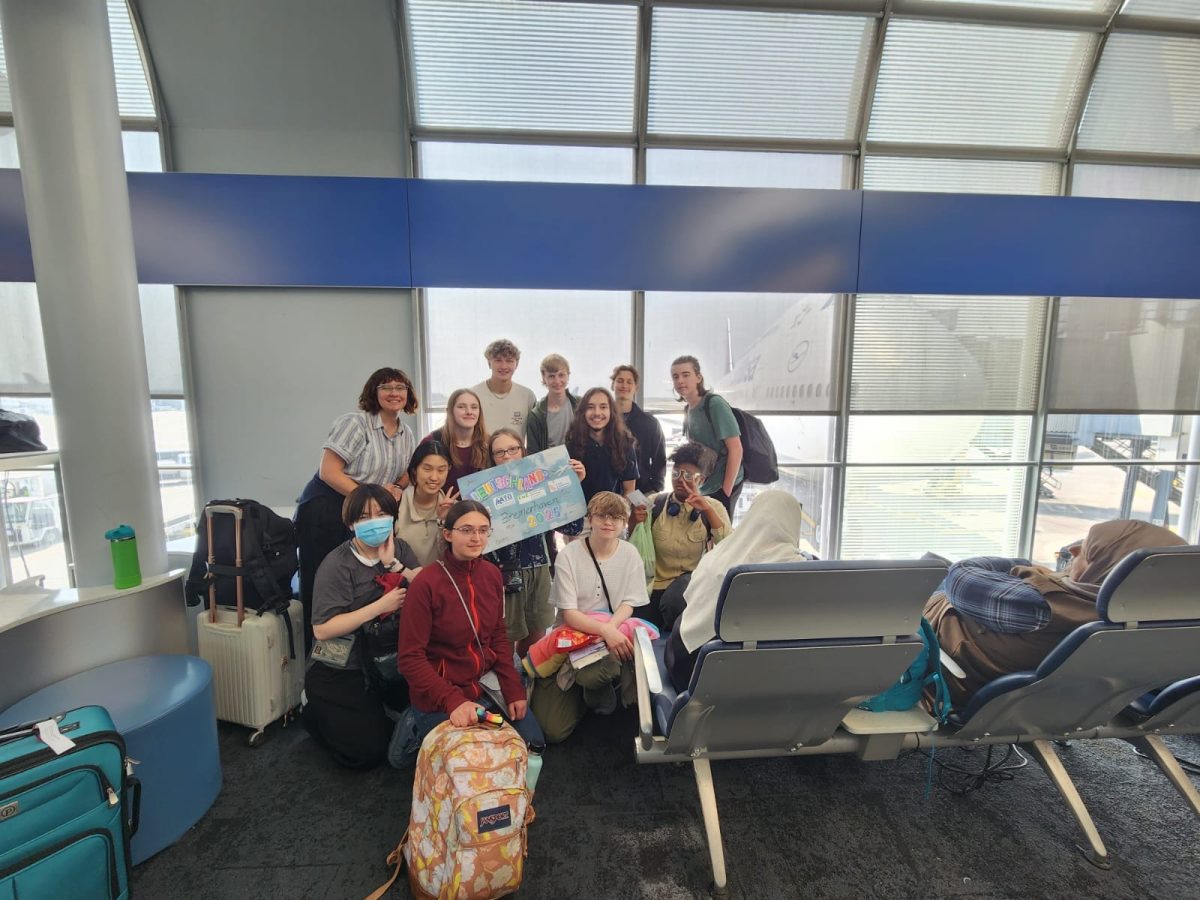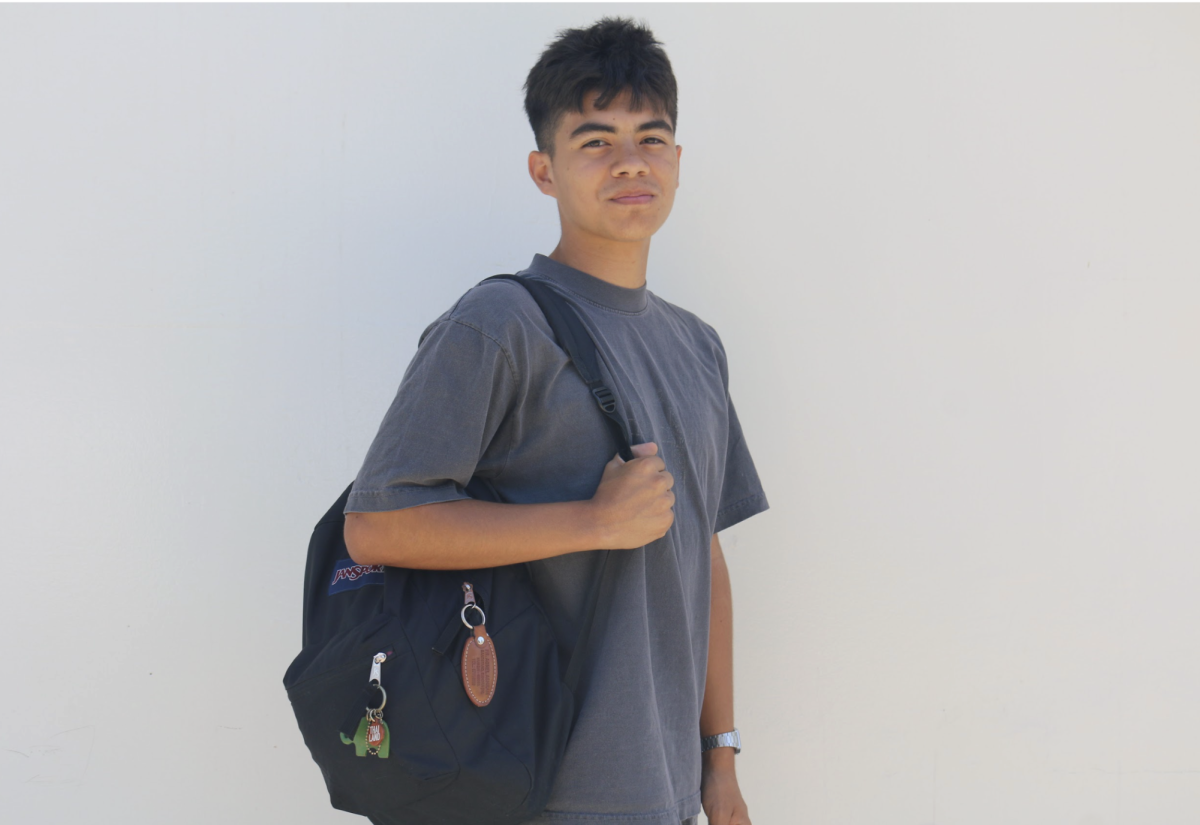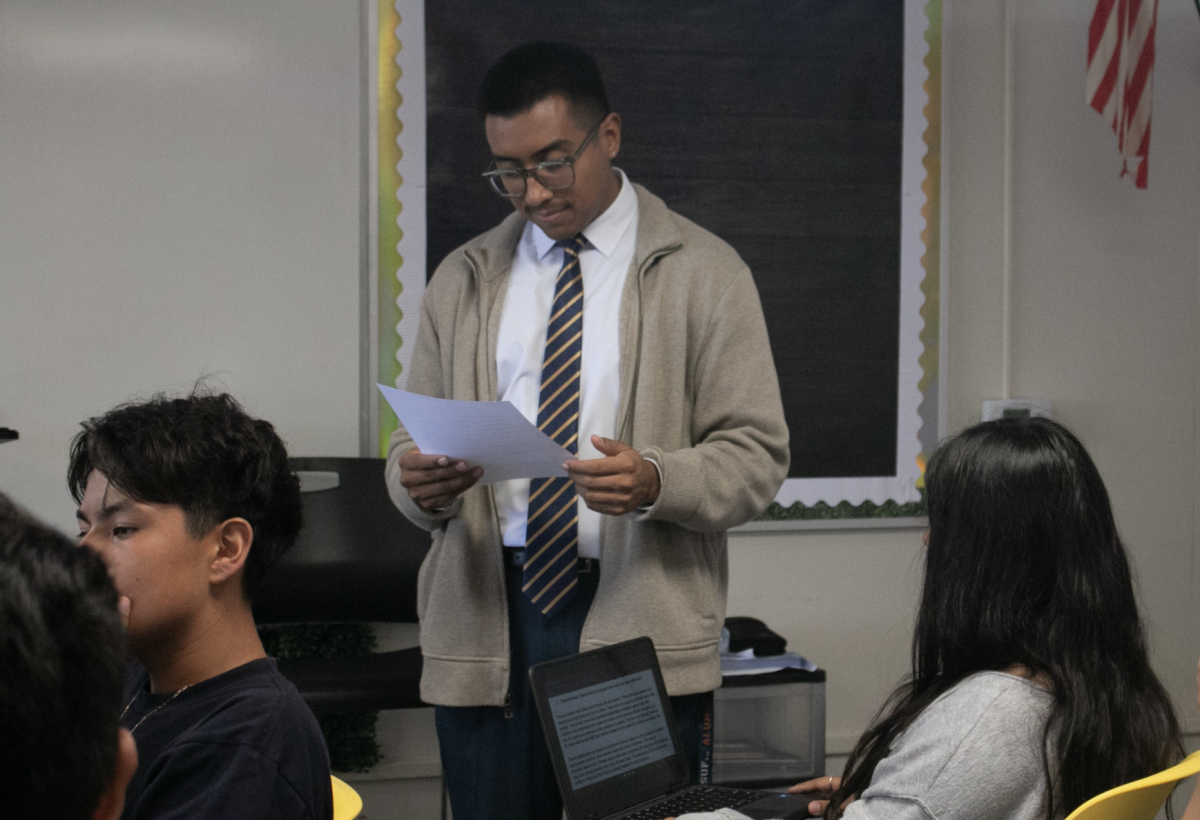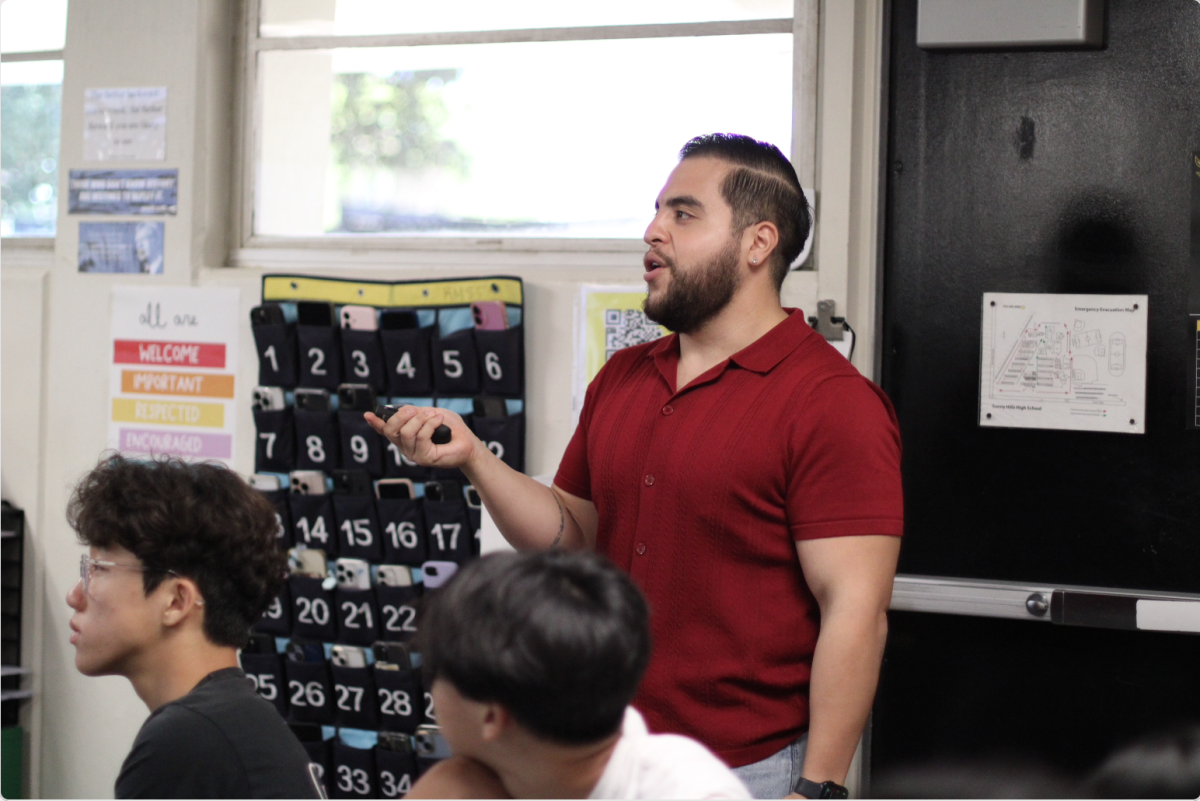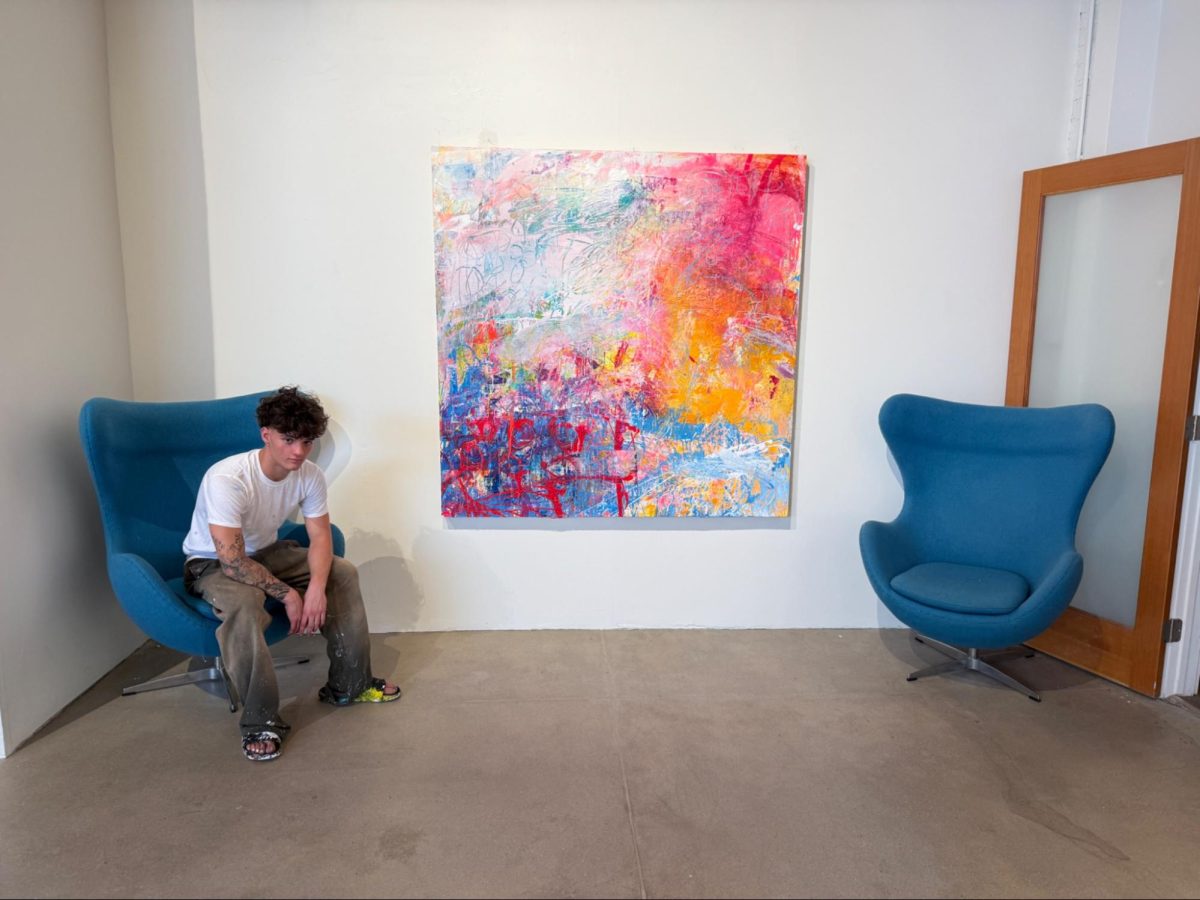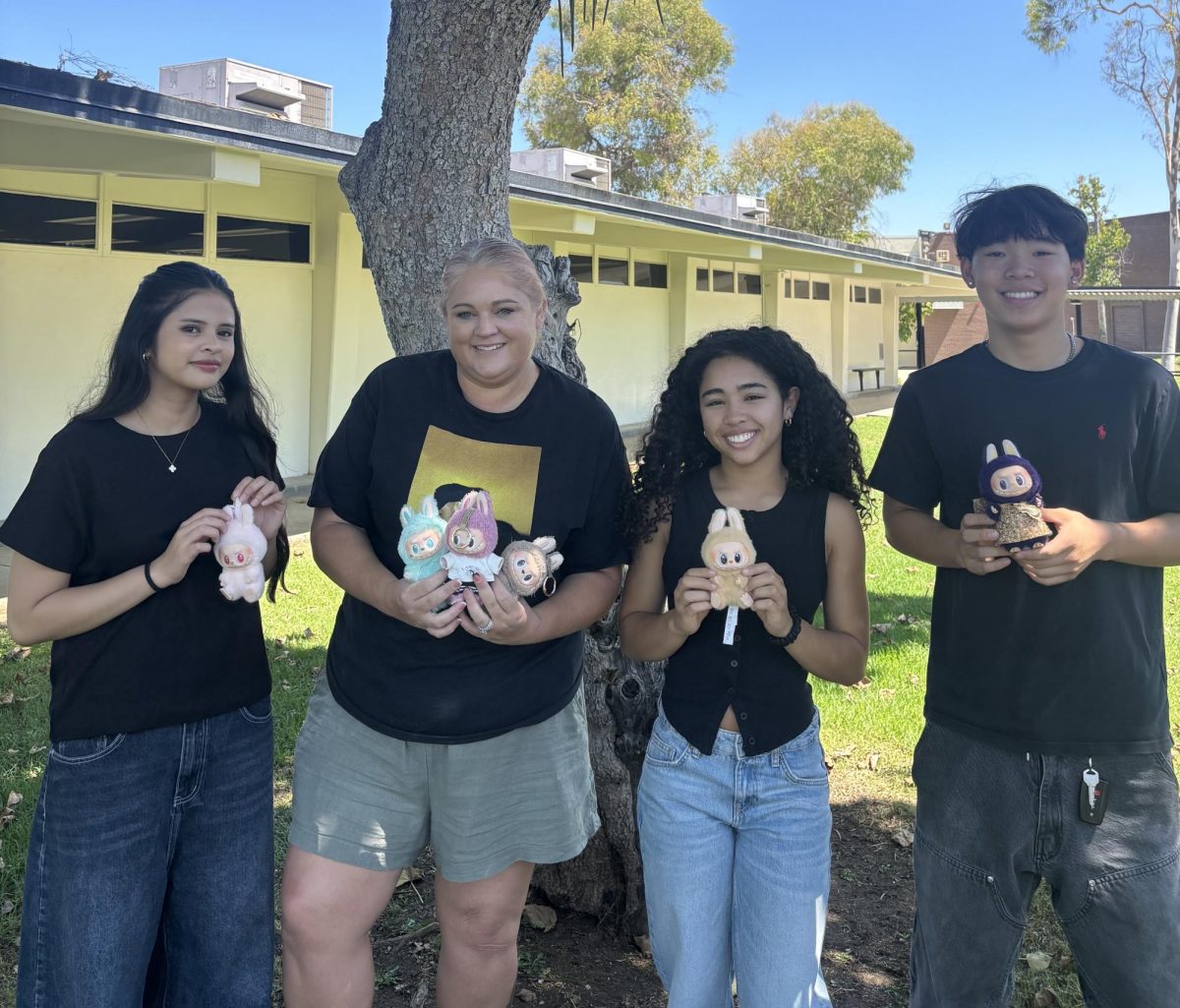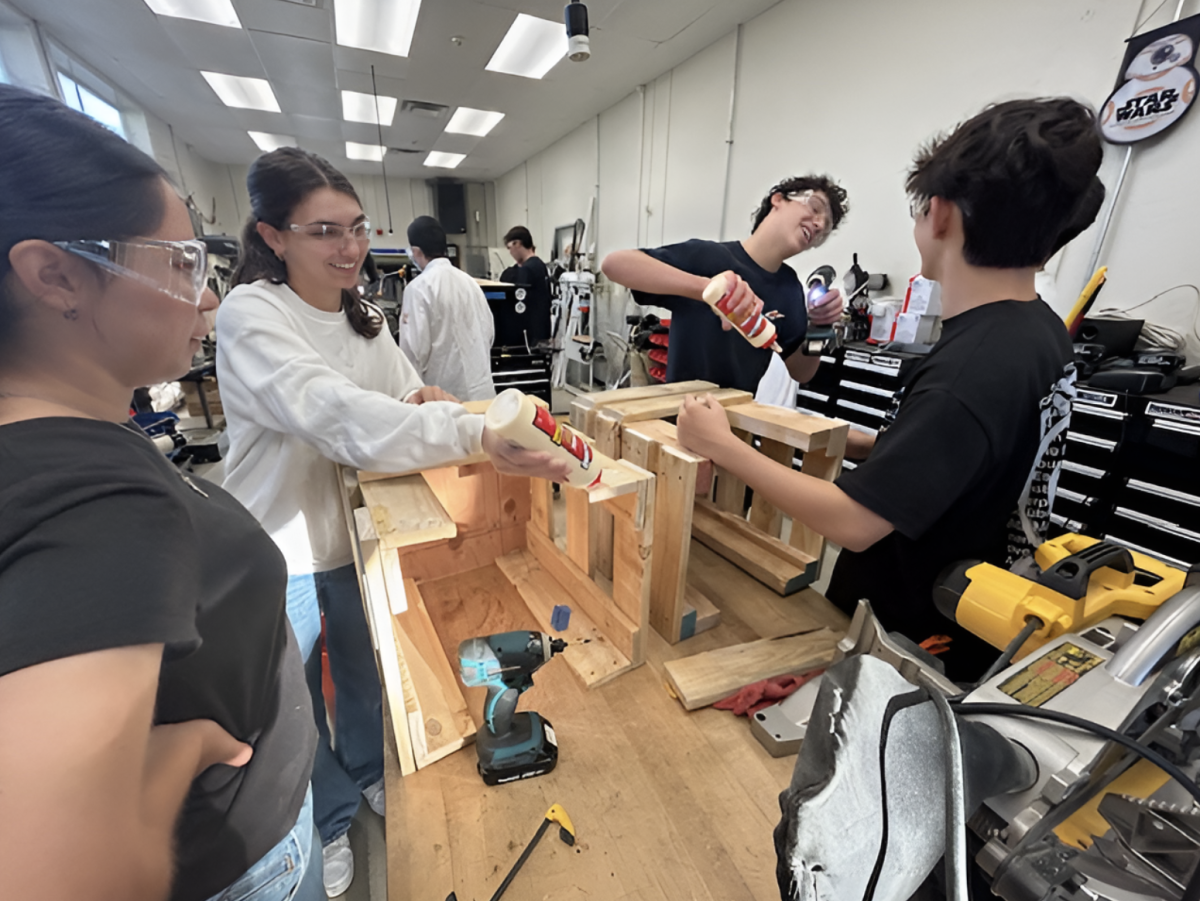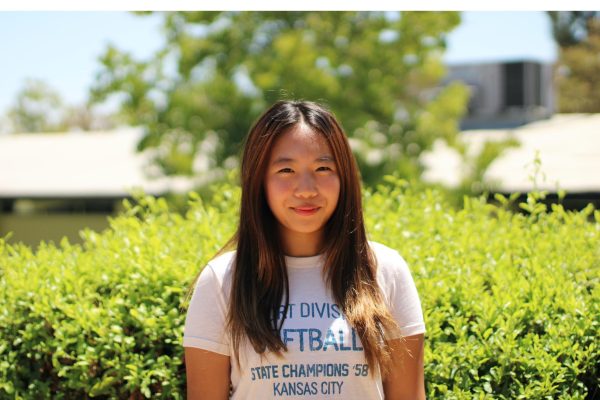The Class of 2024 produced 39 valedictorians, and The Accolade interviewed each to reflect on their high school journeys and thoughts. This is a full version of the Q&A, of which the preview is included in our May magazine issue. Any remaining full-version Q&A will be posted in alphabetical order throughout the week in the Feature section.
Question 1: Which university have you committed to?
Answer: UCLA.
Question 2: What will you major in?
A: I’m going into political science.
Question 3: Which teacher helped you the most throughout your high school career?
A: I would say there are a lot of teachers who have helped me throughout these four years. Some teachers who have impacted me a lot would be Mrs. [Cristian] Bueno, Mr. [David] Fenstermaker and even [principal Craig] Weinreich. Alongside the teachers, the administrators played a really big role and were always there to support me and was there for anything.
Question 4: What does it mean to you that you are named valedictorian?
A: I feel like, rather than a name, it’s kind of a way to acknowledge the work that I’ve put in these four years. I think the name has been much, but I feel like what’s more important to me is the past four years, the journey, and the people I’ve connected with, met with and collaborated with. I think that just being valedictorian attests more to the journey that I’ve had through high school.
Question 5: What advice do you have for underclassmen about maintaining their grades?
A: I would say the biggest thing is probably just not to doubt yourself. I think the biggest thing that I’ve learned is that we’re all high school students here, and we all have our own obstacles and things that we’re facing. But at the end of the day, if you truly want to succeed in a class or do academically well, it really depends on yourself. I think that you should be your greatest supporter, always pushing yourself to do more and be the best version of yourself.
Question 6: What was the hardest class you took in high school and why?
A: In terms of the hardest class I took, I don’t think I’ve had one single class where I was like, “That was the hardest class,” but I would say that some classes that were difficult or required me to put in more work would probably be [Chemistry Honors].
Question 7: What was your favorite class in high school and why?
A: I would say one of my favorite classes is the ASB [Associated Student Body] because I think through [being in the] ASB, I’ve not only been able to create lifelong memories and friends, but I think I’ve realized that most of us come to high school finding what we want to do, where we want to be and who we’re going to meet. I think the ASB was one way where I was able to do [and fulfill] so many things I wanted to do in high school and be myself at the same time.
Question 8: What will you miss the most about Sunny Hills?
A: I would say the biggest thing that I’ll miss are the people and the memories I’ve created with them. I think being in the ASB and being involved in all these things, not only being valedictorian but sports, the ASB and other clubs on campus. I would say the biggest thing is how you’re able to connect with so many people. I think that’s the best part because I’m able to start from ninth grade. Most people that I know were strangers to me, and I had no idea who they were. Now, being a senior, knowing a lot of different people and just being able to talk to different people is really interesting because you get to know so many people from so many walks of life. You kind of create this sense of community after four years of being on the same campus, being around the same teachers, admin and students, and I think that’s the part that I’ll miss the most.
Question 9: What are you most excited about for your new journey in college?
A: I’d say I’m most excited about probably the same thing. I think I love talking to people and getting to know people. I hope to do the same in college, finding my community and connecting with more people. I think what I look forward to doing in college is being able to go in not knowing anyone or not knowing things around [me] but being able to grow that sense of community [by talking] to people, [making] new friends and [meeting] new teachers. I think that’s what makes these experiences more memorable. It’s the people in them.
Question 10: Who was your biggest supporter throughout high school and why?
A: My biggest supporters in high school would probably be my friends and family. I think I can’t thank my friends and family enough for just being so supportive and always motivating me to just be myself. They never academically pressured me to do more but just to always try my best and always put my best foot forward. I think that’s been the biggest part that’s helped me because I’ve realized that at the end of the day, there’s going to be stuff that you don’t know how to face or solve but just trying your best and doing everything you can to put your best foot forward has really helped me do things I’d never thought of doing.
Question 11: Where do you see yourself in 10 years?
A: In 10 years, I hope to see myself finished with law school and working as a lawyer in the government or private sector. Most importantly, I hope to have met incredible people, explored parts of the world and welcomed new and exciting experiences.
Question 12: Who is your favorite teacher and why?
A: While it’s hard to choose a favorite teacher across my four years, there are definitely teachers and administrators/staff that have played an important part in supporting me throughout high school. Freddy [Fred Luna], Mr. [Randy] Oudega and [principal Craig] Weinreich have all been extremely supportive and helpful during my time at Sunny Hills: answering questions, offering advice and always saying “Hi.” Their guidance and passion for learning and helping [us] every day is truly infectious.
Question 13: What is your proudest accomplishment in high school?
A: I would say my proudest accomplishment is being the ASB president, but it’s not about the role but the people that I’ve met, the biggest part being that I joined the ASB in my junior year. After having one year of experience, I decided to run for the ASB president. The biggest thing I’ve learned is that most people are like you — they’re not the most popular person. They’re not people that everyone knows, but they’re people like you in the same shoes, and they’re people who are willing to talk to you and get to know you. I think the biggest thing that I’ve learned through the election and even being the ASB president is most high schoolers are so similar, yet they’re unable to connect with other people because they’re afraid. I think being the ASB president was that one thing that pushed me over that barrier, and it was a way for me to connect with so many people and, at the same time, get to know so many people that I probably would have never talked to. [What I’ve learned is] something that I’m probably gonna take with me for the rest of my life. Just being able to be comfortable going outside the box or doing things that you probably never would have dreamed of.
Question 14: What do you look forward to the most this summer?
A: During summer, I am most excited to spend time with friends and family while continuing to explore my interests in political science through internships and national programs. I am also looking forward to traveling and hopefully exploring more national parks.
Question 15: What are you looking forward to the most about college?
A: I am looking forward to further pursuing my interests during college. I hope to connect with more students and professors who are also interested in political science and international relations.
Question 16: Since the ASB and sports take up a lot of your time, was it an obstacle to your academic success?
A: In terms of sports, the way I’ve used sports is kind of a way for me to spend time with my friends and kind of separate from school, being with a great group of people and really just creating memories. I think the same way for the ASB; sometimes when you’re just having fun, and you’re really passionate about what you’re doing, you don’t really see it as work, and you just see it as something you do to destress you from school and the things that are happening at school.”
Question 17: Did being in sports help you learn anything?
A: In terms of sports, I would probably say doing track [and field] all four years [helped me learn] time management. Especially when you come home at 5 p.m. or 6 p.m. every day because of practice and extracurriculars. It helps when you get that schedule, especially when you’re doing it every single day. It helps you stay organized and stay on top of your stuff. Through the ASB, I’ve learned to not only be more organized but also connect to a lot of people across campus, and I think that’s been a great way for me to understand that most of us are going through the same thing since we all have classes and things that we do on the side. It’s kind of helped me realize that it’s just great to be surrounded by people who are doing the same things. It helped me learn in terms of not only being able to work with other people but also being able to manage my time efficiently at what I’m doing, and at the same time doing things that have an impact. In the ASB, the biggest thing I’ve learned is that the smallest things that you could do have great impacts across campus. I think that’s one of my favorite parts about the ASB because the events that we create, the spirit weeks that we create or the series of events that we put on not only impact our class but have an impact on the entire campus and even district.



